Description
Testosterone Undecanoate
This anabolic steroid is an excellent choice for those who want to improve their endurance. These effects of testosterone undecanoate on growth, body composition, hand grip and quadriceps muscle strength, and total free-living daily energy expenditure in boys with constitutionally delayed puberty are amazing.
- Dosage: 250-1000 mg/week
- Concentration: 250 mg/ml
Testosterone undecanoate is a popular medication used to treat low testosterone levels in men. This medication is available in the form of capsules and injections[testosterone undecanoate injection] and is often prescribed by doctors to help men regain their vitality, energy, and overall quality of life.

Testosterone Undecanoate
This medication belongs to the class of androgens, commonly known as anabolic steroids. It is primarily prescribed for the treatment of low testosterone levels in men, a condition known as hypogonadism.
Testosterone Undecanoate
Ultimate Guide to Testosterone Undecanoate: Uses, Benefits, Dosage, and Side Effects
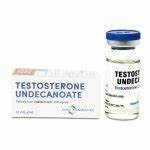
it is a synthetic form of the hormone testosterone, primarily utilized in hormone replacement therapy for individuals with low testosterone levels. This medication offers a unique delivery method that allows for the gradual release of testosterone into the bloodstream, making it a preferred option for many patients seeking effective treatment for testosterone deficiency.
it is an essential hormone primarily produced in the testes for males and in smaller quantities in the ovaries for females. It plays a crucial role in various bodily functions, including the development of male reproductive tissues, the promotion of secondary sexual characteristics, and the maintenance of muscle and bone mass.
Boost, Empower, Strengthen, Revitalize, Enhance.
Testosterone undecanoate is distinctive from other testosterone products due to its long-acting formulation. It is designed to mimic the natural release of testosterone in the body and is administered in a capsule form or through injectable methods.
Key Benefits
1. **Improved Absorption**: Unlike many other testosterone formulations that require injections, testosterone undecanoate can be taken orally. It is absorbed via the lymphatic system, which prevents first-pass metabolism in the liver, enhancing its bioavailability.
2. **Long-Lasting Effects**: Testosterone undecanoate provides sustained testosterone levels over a more extended period compared to shorter-acting forms of testosterone. This can result in fewer administration sessions.
3. **Convenience**: For those who dislike needles, testosterone undecanoate offers an alternative that is more user-friendly.
Medical  Uses
Uses
1. Hormone Replacement Therapy (HRT)
One of the primary uses of testosterone undecanoate is in HRT for males experiencing low testosterone levels, also known as testosterone deficiency syndrome. Symptoms may include:
– Low libido
– Fatigue and lethargy
– Loss of muscle mass
– Depression
– Difficulty concentrating
2. Anemia Treatment
it may also be used to treat anemia that is associated with hormone deficiencies. By boosting testosterone levels, it can support red blood cell production and overall energy levels.
3. Weight Management
In some cases, it has been implicated in weight management and fat loss, particularly in individuals with low levels.
Dosage Guidelines
Recommended Dosage
The dosage of testosterone undecanoate can vary based on the individual’s specific needs, age, and medical history. Generally, the following dosage guidelines apply:
– **Start-Up Phase**: The typical starting dose is about 40 mg per day for the first 4-6 weeks.
– **Maintenance Dose**: After the initial phase, the dose may be adjusted to 20 mg to 40 mg per day, depending on how the individual responds to the treatment.
Administration Methods
1. **Oral Capsules**: Testosterone undecanoate is available in capsule form, which should be taken with a meal to enhance absorption.
2. **Injectable Form**: Though less common than oral forms, testosterone undecanoate can also be administered via injection under the supervision of a healthcare professional.
Important Considerations
– **Regular Monitoring**: Patients undergoing testosterone therapy should have regular check-ups to monitor testosterone levels, hematocrit levels, and overall health.
– **Individual Variation**: Dosing may need to be tailored to individual response and tolerance levels.
Potential Side Effects
Like any medication, testosterone undecanoate may come with potential side effects. It’s critical for patients to be aware of these before starting treatment.
Common Side Effects:
1. **Skin Reactions**: Some individuals may experience acne or oily skin.
2. **Mood Changes**: Changes in mood or irritability can occur, especially during the adjustment period.
3. **Fluid Retention**: Some users might experience edema (swelling due to fluid retention).
Serious Side Effects:
1. **Cardiovascular Issues**: Testosterone therapy might increase the risk of heart attack or stroke, especially in individuals with pre-existing conditions.
2. **Prostate Health**: There is an ongoing debate about the relationship between testosterone therapy and prostate cancer risk. Regular screening is crucial for men undergoing treatment.
3. **Sleep Apnea**: Testosterone may exacerbate sleep apnea, a serious sleep disorder.
4. **Breast Tissue Changes**: Gynecomastia, or the development of breast tissue in men, may occur.
Contraindications
it is not suitable for everyone. Those with the following conditions should generally avoid this therapy:
– Breast cancer or prostate cancer history
– Severe heart failure
– Liver problems
– High red blood cell count (polycythemia)
Monitoring and Follow-Up Care
Regular Blood Tests
Patients should undergo regular blood tests to assess:
– Hematocrit/hemoglobin levels
– Prostate-specific antigen (PSA) levels for prostate health monitoring
Adjusting Therapy
Based on test results and symptom relief, dosages may be adjusted. It’s important to work closely with a healthcare provider to ensure optimal benefits while minimizing risks.
1. Healthy Diet
A diet rich in whole foods, healthy fats, lean proteins, and full of micronutrients supports overall hormonal health. Key nutrients include:
– Vitamin D
– Zinc
– Omega-3 fatty acids
– Magnesium
2. Regular Exercise
Engaging in regular physical activity, particularly strength training and high-intensity interval training (HIIT), has been shown to boost testosterone levels.
3. Stress Management
Managing stress through practices like mindfulness, meditation, and adequate sleep can positively impact hormone levels.
4. Avoiding Alcohol and Drugs
Limiting alcohol consumption and avoiding recreational drugs can help maintain hormonal balance and overall health
3. Transdermal Patches and Gels
These options allow testosterone to be absorbed through the skin and can be easier to administer than injections.
4. Other Hormonal Therapies
In some cases, various other hormonal therapies and protocols may be recommended depending on individual needs and medical history.
Conclusion
Testosterone undecanoate represents an important therapeutic option for individuals dealing with testosterone deficiency. Its unique formulation, ease of administration, and sustained release make it a preferred choice for many patients. While the benefits of testosterone therapy can be significant, it is essential to approach treatment with a thorough understanding of potential side effects and the need for regular monitoring.
As research continues to evolve, further insights into testosterone therapy’s long-term effects will help refine treatment strategies. If considering testosterone undecanoate, it is crucial to consult healthcare professionals to determine the most appropriate course of action tailored to individual needs.
Frequently Asked Questions (FAQs)
1. How long does it take to see results
Many patients report improvements in symptoms within weeks of starting treatment, but optimal results may take several months to achieve.
2. Can it be used in women?
While it is primarily aimed at men, some women may benefit from testosterone treatment, particularly postmenopausal women experiencing low libido. However, this should be approached with caution and under supervision.
3. Is it safe for older adults?
Older adults can benefit from testosterone therapy, but they require careful monitoring due to the increased risk of cardiovascular issues and prostate-related concerns.
This is a complicated issue, and discussions with a healthcare provider are essential for determining the suitability of therapy based on personal and family medical history.
.
Incorporating a healthy diet, regular exercise, stress management, and good sleep hygiene can maximize the benefits of testosterone therapy.
it can be a game-changer for those suffering from low testosterone levels. By enhancing quality of life and restoring hormonal balance, it helps empower individuals to lead healthier lives. Always consult with a healthcare professional before beginning any treatment to ensure safety and efficacy.
- Explanation of what testosterone injections are.
- Different types of testosterone used in injections (e.g., testosterone enanthate, testosterone cypionate).
Benefits
- Improved energy levels and mood.
- Enhanced muscle mass and strength.
- Increased libido and sexual function.
- Potential benefits for bone density.
- Discussion of low testosterone levels (hypogonadism).
- Symptoms of low testosterone (fatigue, depression, weight gain).
- Importance of medical diagnosis before starting treatment.
- Information on how injections are given (intramuscular, subcutaneous).
- Frequency and dosages of injections.
- Importance of following a healthcare provider’s recommendations.
Risks and Side Effects
- Common side effects (acne, mood swings).
- Serious health risks (cardiovascular issues, blood clots).
- Importance of monitoring by a healthcare professional.
- Other forms of testosterone replacement therapy (gels, patches).
- Lifestyle changes to boost testosterone (diet, exercise).
Conclusion
- Summary of the importance of testosterone injections.
- Encouragement to seek professional medical advice for testosterone management.
Feel free to expand each section into detailed paragraphs for a more comprehensive piece!
it is a long-acting testosterone ester that has gained popularity in bodybuilding and athletic performance enhancement due to its potential benefits in muscle growth, fat loss, and overall physical performance. As part of a comprehensive testosterone therapy regimen, it is used by athletes and bodybuilders looking to increase their testosterone levels and optimize their training results. This compound helps improve protein synthesis, increases nitrogen retention, and enhances red blood cell production, which contributes to better endurance during workouts.
One of the key advantages of testosterone undecanoate is its unique delivery method, as it can be administered orally or via intramuscular injection, allowing for flexibility in use. This compound has a much longer half-life compared to other testosterone forms, which means less frequent dosing. This stability makes it appealing to users interested in maintaining consistent testosterone levels without the constant fluctuations associated with shorter esters.
In the context of bodybuilding, testosterone undecanoate can significantly enhance performance by promoting muscle hypertrophy, improving recovery times, and allowing for more intense training sessions. Bodybuilders often combine it with other anabolic steroids in a stack to amplify effects, taking care to monitor for side effects and ensuring a responsible approach to usage.
While the benefits of testosterone undecanoate are appealing, potential users must be aware of the side effects, which can include estrogenic effects such as water retention and gynecomastia if not properly managed. Additionally, any steroid use comes with risks, including hormonal imbalances and possible liver stress over time.
To maximize the benefits of testosterone undecanoate while minimizing risks, individuals should consider working with a healthcare professional to establish a monitoring program. This includes routine blood tests to assess testosterone levels, estrogen levels, and general health. It’s important to combine testosterone supplementation with a proper diet, tailored training programs, and adequate rest for optimum results.
In conclusion, it serves as a powerful tool for bodybuilders and athletes aiming to enhance their performance and physique. When used responsibly and in conjunction with healthy lifestyle choices, it can lead to significant gains in muscle mass, fat loss, and overall athletic performance. Always prioritize safety and make informed choices based on personal health and fitness goals.
:
– Brief explanation of testosterone and its importance in the body.
– Definition and role in male and female bodies.
– Differences in testosterone levels between genders.
Benefits
– Muscle mass and strength development.
– Impact on mood and cognitive function.
– Role in sexual health and libido.
– Influence on bone density and overall health.
– Physical symptoms like fatigue and muscle loss.
– Emotional signs, including depression or irritability.
– Sexual health issues like erectile dysfunction.
– Age-related decline.
– Medical conditions (e.g., obesity, diabetes).
– Lifestyle factors (diet, exercise, stress).
– Methods of testing (blood tests).
– Understanding normal range levels.
– Hormone Replacement Therapy (HRT).
– Lifestyle changes (diet, exercise).
– Natural supplements and alternatives.
– Potential health risks (cardiovascular issues, prostate health).
– Importance of medical supervision in treatment.
Conclusion
– Recap of testosterone’s importance.
– Encouragement to seek medical advice for concerns regarding testosterone levels.
Keywords to Include:
– Testosterone therapy
– Low testosterone symptoms
– Testosterone replacement
– Hormone health
– Natural testosterone boost
it have become increasingly popular as a treatment for testosterone deficiency in men and women. This hormone, primarily known for its role in male development, plays a crucial part in various bodily functions, including muscle growth, fat distribution, and overall energy levels. In this comprehensive guide, we’ll explore what testosterone injections are, their benefits, potential side effects, and factors to consider before starting treatment.
Testosterone injections are a form of hormone replacement therapy (HRT) that involves administering synthetic testosterone directly into the body. These injections are typically prescribed for individuals with low testosterone levels, a condition often referred to as hypogonadism. Testosterone can be administered in several forms, including intramuscular and subcutaneous injections, depending on the patient’s needs and preferences.
Benefits
1. Alleviation of Symptoms of Low Testosterone
One of the primary reasons individuals seek testosterone injections is to alleviate symptoms associated with low testosterone levels. These may include:
– **Fatigue**: Many people report a noticeable increase in energy levels after starting testosterone therapy.
– **Depressed Mood**: Testosterone has been linked to improved mood and a reduction in feelings of depression.
– **Reduced Libido**: Testosterone therapy can help restore sexual drive and function.
– **Increased Muscle Mass**: Testosterone is known for its role in muscle development, which is beneficial for those experiencing muscle loss or weakness.
– **Improved Bone Density**: Adequate testosterone levels are crucial for maintaining bone health, reducing the risk of osteoporosis and fractures.
2. Enhanced Physical Performance
Many athletes and fitness enthusiasts use testosterone injections to enhance their physical performance. Increased muscle mass, improved recovery times, and enhanced stamina can help individuals reach their fitness goals faster. However, it’s essential to note that using testosterone for performance enhancement can lead to legal and ethical issues in competitive sports.
3. Improved Metabolism and Fat Loss
Testosterone plays an essential role in fat distribution and metabolism. By promoting lean muscle mass, testosterone injections may aid in weight loss and improve body composition. Individuals often notice a reduction in body fat and an improvement in overall body shape after beginning therapy.
4. Positive Impact on Cardiovascular Health
Some studies suggest that maintaining healthy testosterone levels may benefit cardiovascular health. Adequate testosterone can help regulate cholesterol levels, potentially reducing the risk of heart disease. However, more research is needed to fully understand this relationship.
Testosterone injections are typically administered either weekly, biweekly, or monthly, depending on the specific formulation and the individual’s response to treatment. Some common types of testosterone injections include:
– **Testosterone Cypionate**: A popular long-acting form that is often administered every one to two weeks.
– **Testosterone Enanthate**: Another short-acting form that requires similar dosing intervals.
– **Testosterone Undecanoate**: A longer-acting injectable that may be administered every 10-14 weeks after initial doses.
The method of administration (intramuscular or subcutaneous) can also influence how the body absorbs the hormone and how quickly it takes effect.
Potential Side Effects
While testosterone injections offer numerous benefits, they also come with potential side effects that need to be considered. Common side effects include:
– **Injection Site Reactions**: Pain, swelling, or redness at the injection site can occur.
– **Mood Changes**: Some individuals may experience mood swings or increased irritability.
– **Acne and Oily Skin**: Testosterone can stimulate sebaceous glands, leading to acne.
– **Hair Loss**: Some people may experience increased hair loss or male-pattern baldness.
– **Sleep Apnea**: Testosterone therapy can exacerbate sleep apnea in some individuals.
– **Increase in Red Blood Cell Count**: This can lead to a condition called polycythemia, which may increase the risk of blood clots.
It’s crucial to discuss these potential side effects with a healthcare provider to understand the risks associated with it.
it may be suitable for individuals who exhibit symptoms of low testosterone levels, confirmed through blood tests. Typical candidates for treatment include:
– Men diagnosed with hypogonadism.
– Women experiencing testosterone deficiency due to menopause or other hormonal imbalances.
– Individuals seeking to improve their quality of life and manage symptoms effectively.
However, contraindications exist. Individuals with certain conditions, such as prostate or breast cancer, severe heart conditions, or uncontrolled sleep apnea, may not be suitable candidates for testosterone injections. A healthcare professional will conduct a thorough evaluation before prescribing this treatment.
Conclusion
Testosterone injections can provide significant benefits for individuals suffering from low testosterone levels, enhancing quality of life, physical performance, and overall health. However, potential side effects and underlying health conditions must be carefully considered before beginning therapy. If you suspect you have low testosterone levels, consult with a healthcare professional who can conduct appropriate testing and assess whether testosterone injections are the right choice for you.
By understanding the ins and outs of testosterone injections, you can make an informed decision about your health and well-being. Always prioritize working with a knowledgeable healthcare provider to ensure the best possible outcomes in your treatment journey.

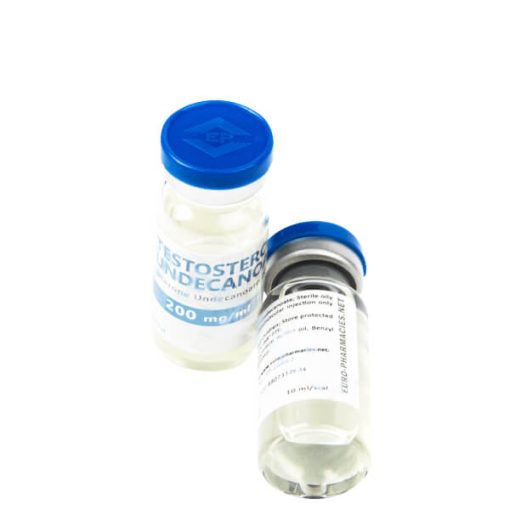
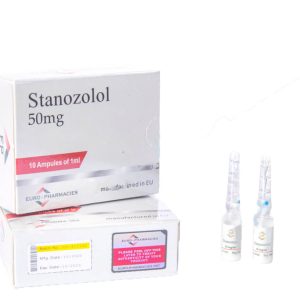
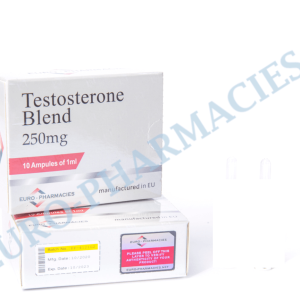
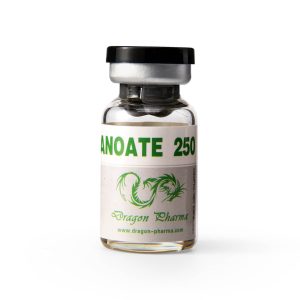
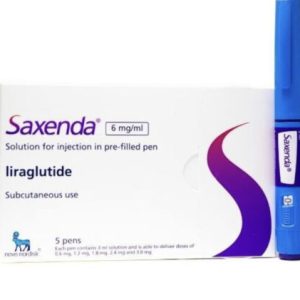
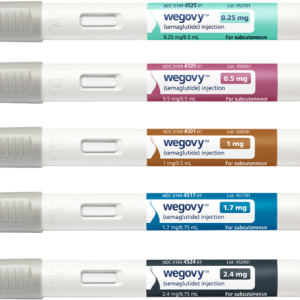
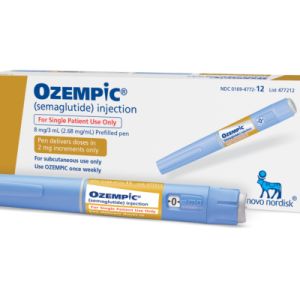
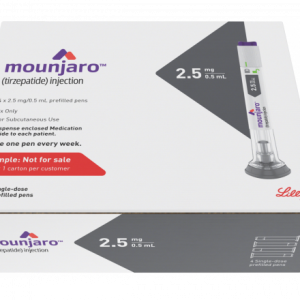
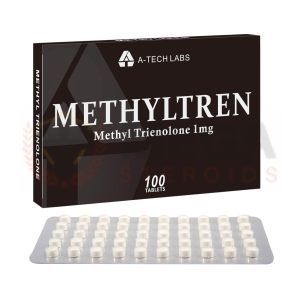
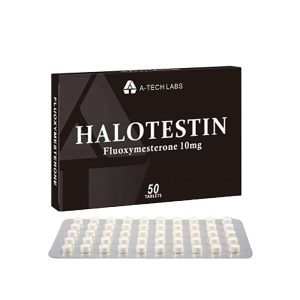
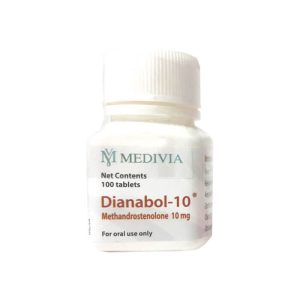
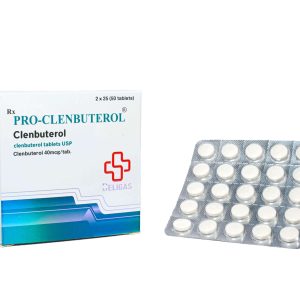
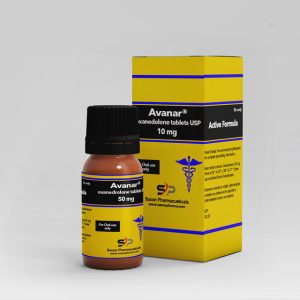
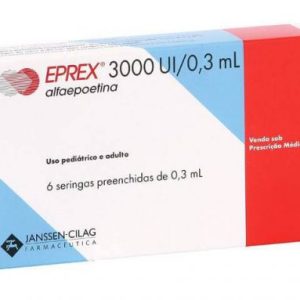
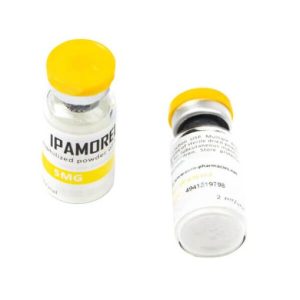
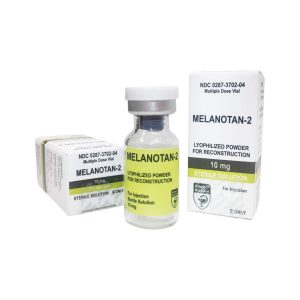
Reviews
There are no reviews yet.